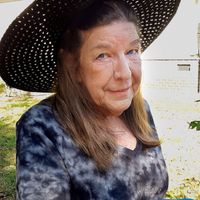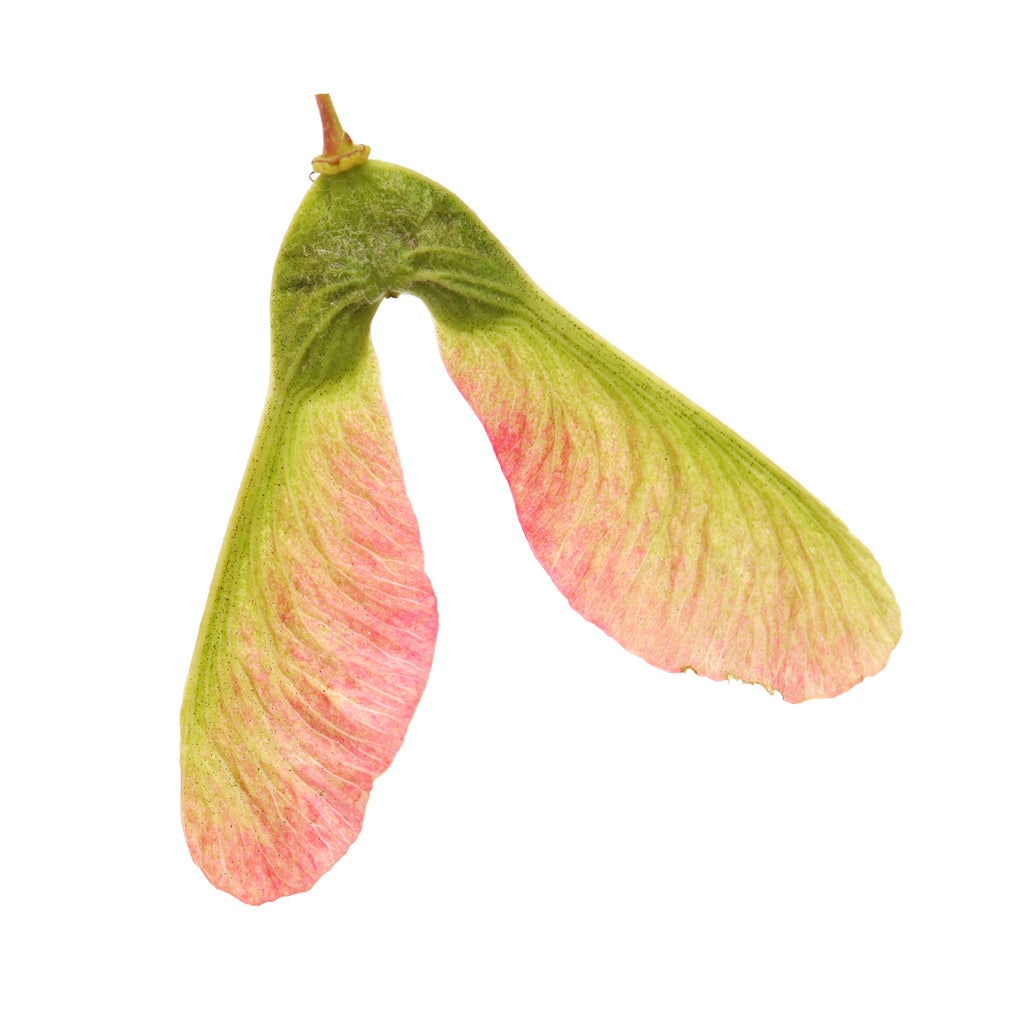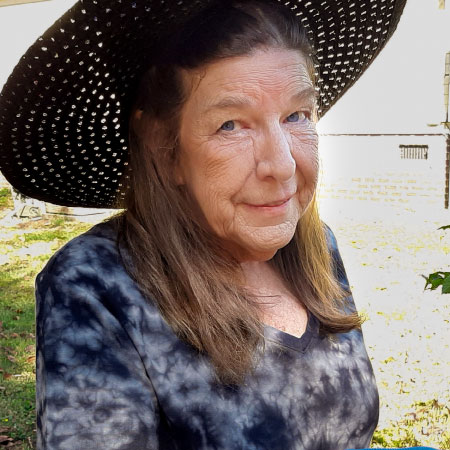Maple Tree Seeds To Eat: How To Harvest Seeds From Maples


Sign up for the Gardening Know How newsletter today and receive a free copy of our e-book "How to Grow Delicious Tomatoes".
You are now subscribed
Your newsletter sign-up was successful
If you encounter a situation where foraging for food is needed, it is helpful to know what you can eat. There may be a few options that you don’t know about. You may remember the helicopters you played with as a child, those that fell off the maple tree. They’re more than something to play with, as they contain a pod with edible seeds inside.
Are Maple Seeds Edible?
The helicopters, also called whirligigs but technically known as samaras, are the outer covering that must be removed when eating seeds from maple trees. The seed pods under the covering are edible.
After peeling the outer covering of the samara, you’ll find a pod containing the seeds. When they’re young and green, in spring, they’re said to be most tasty. Some info calls them a spring delicacy, as they normally fall early in that season. At this time, you can toss them raw into a salad or stir-fry with other young vegetables and sprouts.
You may also remove them from the pod to roast or boil. Some suggest mixing them into mashed potatoes.
How to Harvest Seeds from Maples
If you find you like maple tree seeds to eat, you need to harvest them before squirrels and other wildlife get to them, as they love them too. Seeds are usually blown by wind when they’re ready to leave the tree. The trees release the samaras when they’re ripe.
You need to recognize them, because the helicopters do fly away from the tree in brisk winds. Info says they can fly as far as 330 feet (100 m.) from the tree.
Various maples produce the samaras at different times in some areas, so the harvest may last for an extended period. Gather the maple seeds to store, if you like. You may continue eating seeds from maple trees through summer and fall, if you find them. The taste becomes a little bitter as they mature, so roasting or boiling is better for the later seeds.
Sign up for the Gardening Know How newsletter today and receive a free copy of our e-book "How to Grow Delicious Tomatoes".
Disclaimer: The contents of this article are for educational and gardening purposes only. Before using or ingesting ANY herb or plant for medicinal purposes or otherwise, please consult a physician, medical herbalist, or other suitable professional for advice.

Becca Badgett was a regular contributor to Gardening Know How for ten years. Co-author of the book How to Grow an EMERGENCY Garden, Becca specializes in succulent and cactus gardening.